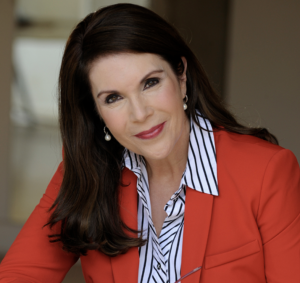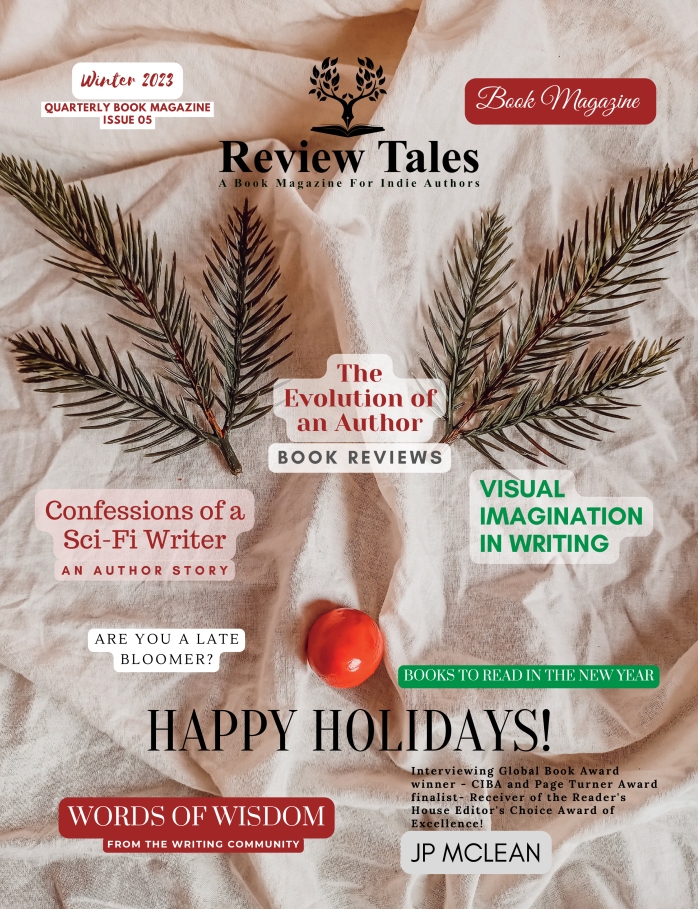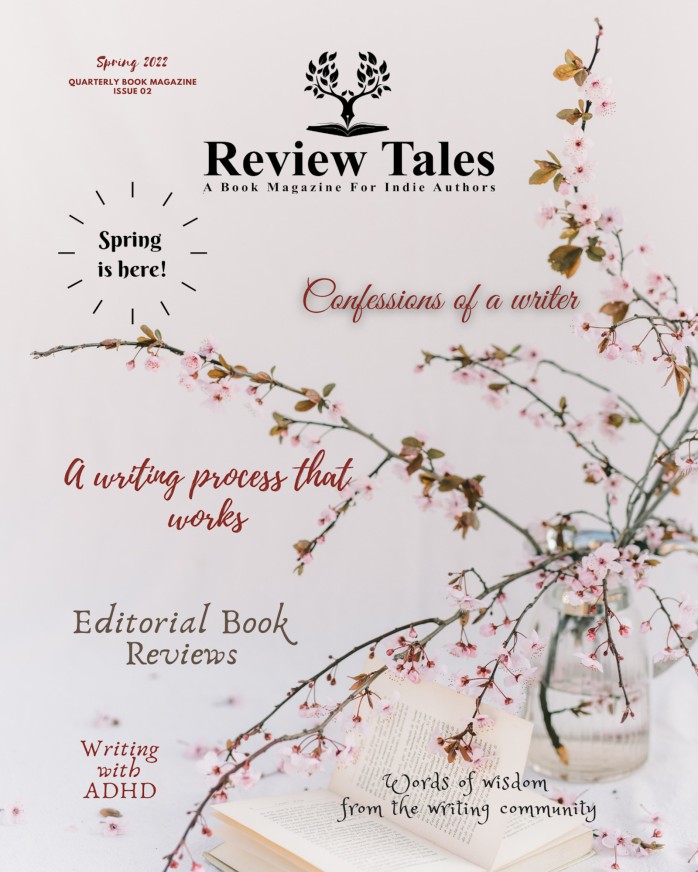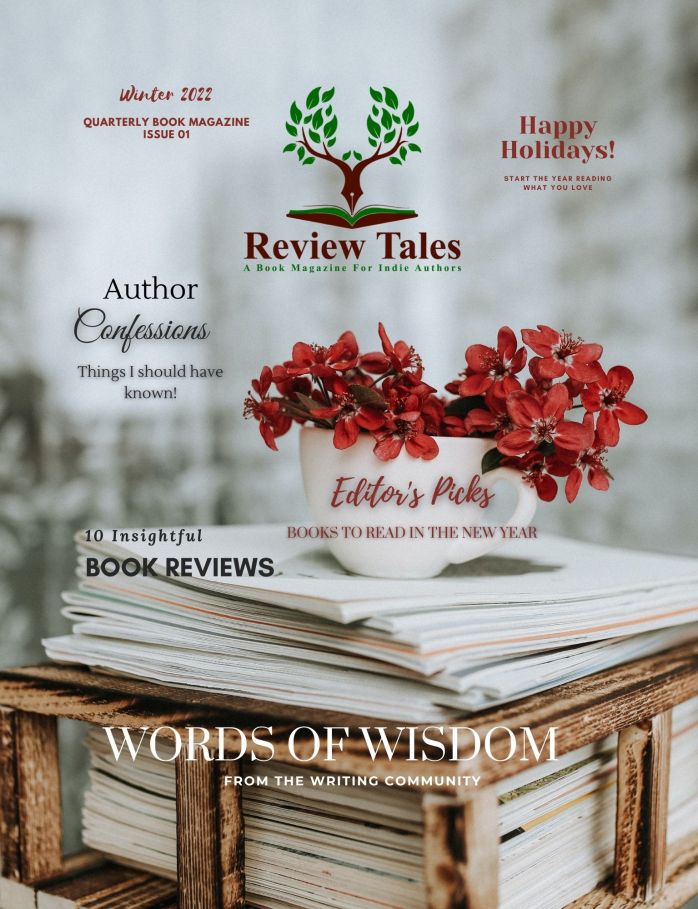Review Tales
Book Magazine – Publishing – Editing
A CONVERSATION WITH LISA SHUMATE
Posted on August 7, 2019 by Jeyran Main

A CONVERSATION WITH LISA SHUMATE
AUTHOR OF ALWAYS AND NEVER 20 TRUTHS TO A HAPPY HEART
AND
ALWAYS AND NEVER: 20 TRUTHS TO A HAPPY HEART: THE COMPANION JOURNAL
- Q) What inspired you to write Always and Never 20 Truths for a Happy Heart and Always and Never: 20 Truths for a Happy Heart: The Companion Journal?
- A) I’m the mother of two grown children and as they were headed into their twenties I wanted to write some advice to them that would guide them for the rest of their lives. You spend so many years getting your kids to that point, time flies by, and you wonder, are they ready? How can I send them off into the world with encouragement, inspiration and the fundamental wisdom you hope you taught them over the years, but many often forget?
- Q) You mention in the introduction to Always and Never 20 Truths for a Happy Heart that, on a larger scale, are guardrails for the ideals and standards we hold dear. How did you arrive at the 20 Truths included in the book?
- A) I started with a blank journal and wrote words that matter, words that everyone can relate to, words that are central to the quality of life: trust, time, faith, love, forgiveness, gratitude. I came up with about 23 and edited it down to 20.
- Q) How do they act as guardrails?
- A) The guardrails occur when you place Always and Never around each word. For the word trust I wrote: Always do as you say will do, Never undermine trust others place in you by not keeping your word.
We know that trust is more important than any degree, skill or anything else you think you have to offer. Nothing can replace being reliable. Trust is what holds together every important relationship whether at home, work or community.
- Q) Who can benefit the most from the books?
- A) The books were written with young adults in mind. However, given what we see happening everyday it seems that people of all ages abandon guardrails that can protect what matters most: integrity, family, peace of mind. When this happens, often lives are shattered. As a society we suffer a collective disillusionment and disappointment.
- Q) How did your background influence the writing of both books?
Everything in my background influenced the book and journal. My Catholic School upbringing, loving parents who set down very clear rules, a career in media that began by learning and sharing everyday as a reporter and roles in management that tested my skills as a leader. Personally, being married for 36 years, a parent for nearly 35 years, aunt, godmother, and now grandmother taught me how important it is for parents to encourage children to try new things, set a good example, and be interested in their interests. Now working at the University of Houston I see that students need and want mentors, to be empowered, and to know that it’s not only safe but expected that they will make mistakes.
- Q) You mentioned that you learned the concepts in the book the hard way. How would your book have helped you when you started out?
- A) I wish I knew from the beginning how much control I have over the way I think. Truth #1 is powerful when you really put it to the test. If you want to change your life, you must change the way you think. Too many years and tears were spent on what others thought about me, told me and what I told myself. I credit my mother and my husband for consistently reinforcing the notion that the only limits in life are the ones we put on ourselves. That resilience and perseverance will rule the day.
- Q) We’re living in a time when the country is very polarized. Do your feel that your book has the potential to decrease the polarization level? If so, how?
- A) I feel the book can have an impact on our country’s current polarization by shifting the focus inward to ourselves, our families and our community. As Margie Warrell so elegantly said in the Foreword, “How do we navigate our lives during these times?…by returning to these universal and timeless principles that transcend our differences and pull us through the fear and furor—back toward the truth of our hearts and the sacredness of our shared humanity.”
- Q) You have said that you are formally and informally a mentor. How did you become a mentor?
- A) I believe people seek out their mentors and that mentoring means everything from giving advice to being the best role model you can be. My role as mentor began in my early thirties when interns were assigned to work with the programming department at KTRK-TV in Houston. I enjoyed working with them and seeing the business through their eyes. It has continued over the years as I joined the management ranks. Friends, colleagues, the University of Houston and professional organizations have asked me to advise students or professionals trying to get to the next level.
- Q) Why is being a mentor important to you?
- A) I owe my start in media to a woman named Mickey Wellman who hired me at WWL-TV in New Orleans, mentored me by giving me new opportunities to learn and by encouraging me when I faced challenges. She made the time to listen, teach and promote me to other station leaders. I will never forget her impact on my career and I will always find a way to say yes to someone who needs advice, encouragement or guidance that helps them take another step toward realizing their dream.
- Q) What were the issues brought to you by those you mentored? What was your overall advice?
- A) Most of the issues brought to me revolve around three of the Truths–#1, #6 #18.
#—the mentee doesn’t understand how much is in their control just by the way they think about their future. They feel powerless.
#—the mentee is reacting to the world and not listening to their own voice and placing a high enough value on what they have to offer. They feel undervalued or are undervaluing themselves.
#-there is some element of waiting to be discovered, too much emphasis on destination and not enough on the plan. They feel overwhelmed.
My advice centers on the questions and activities in The Companion Journal. It begins with deep self-reflection on habits, greater self-awareness of negative patterns and pointing out options within control. The resulting smile and sense of relief after we talk it through tells me something clicked, a new mindset is taking shape and they’re no longer stuck.
- Q) How will 20 Truths to a Happy Heart: The Companion Journal empowers readers who spend time self-reflecting and take up the challenge to respond honestly?
- A) The Companion Journal has one goal—to enable readers to learn how to and practice being CEO of the way they think and feel about themselves. Through a series of exercises, self-reflection and taking the time to write down responses a new state of consciousness arises. With it comes more control over happiness. At the back of the Journal there is a guide for shared learning that offers the benefit of group discussion.
- Q) Have you ever journaled? Do you currently journal in any manner? (If the answer is no, we can eliminate the question)
- A) Journaling is how I’m writing the next book in the Always and Never series. Journaling helps me capture emotion and insights. I don’t record my daily routines or interactions. For me it’s about observations and words that catch my attention.
- Q) What would you like readers to take away from the books?
- A) I hope the Always and Never book series is an ongoing resource for inspiration and reassurance about what it means to be your best self. I hope the words guide readers to an empowered state that enables a quiet mind, peaceful spirit and happy heart.
- Q) Where can we find out more about the books?
- Facebook: Lisa Shumate and Lisa Shumate, Author page
- Instagram: ltshumate
- LinkedIn: Lisa Trapani Shumate
- Twitter: @ShumateLisa
Author Bio: Lisa Trapani Shumate

Lisa Trapani Shumate is Associate Vice President at the University of Houston, General Manager, Houston Public Media, and also serves as Executive Director of the Houston Public Media Foundation. Houston Public Media is comprised of News 887 (NPR), TV8 (PBS) and houstonpublicmedia.org. She holds national leadership roles with the PBS Board of Directors and the Public Television Major Market Group Board.
Lisa has more than 20 years media management experience, is the recipient of numerous awards and earned a Master of Business Administration from the University of Houston and participated in an International Business Residency in China. She also holds a Bachelor of Arts in Communications from Loyola University, New Orleans, Louisiana.
She is a mentor in the University of Houston PropPel Leadership Development Program for high potential staff, serves as Advisor to Public Media Women in Leadership and is also a mentor to the group’s founder, Deanna Mackey. She is a frequent lecturer on topics ranging from leadership to the importance of financial literacy in leadership communication.
Now Lisa is expanding her media footprint to publishing with the goal of sharing wisdom and encouragement to young men and women entering adulthood about things that will always matter in life and career. Lisa’s books, Always and Never: 20 Truths for a Happy Heart” and its “Companion Journal” will be published in April by LucidBooks.
She resides in Houston with her husband Chris. Together they have two children and a two year old grandson.
Related
Category: Guest BlogTags: Author, author interview, LISA SHUMATE
2 Comments on “A CONVERSATION WITH LISA SHUMATE”
Leave a comment Cancel reply
Search
Categories
Follow me on Twitter
My TweetsBlog Stats
- 2,511,210 hits















Thanks for such a great interview! What an interesting woman!
LikeLiked by 1 person
Thank you for commenting.
LikeLiked by 1 person